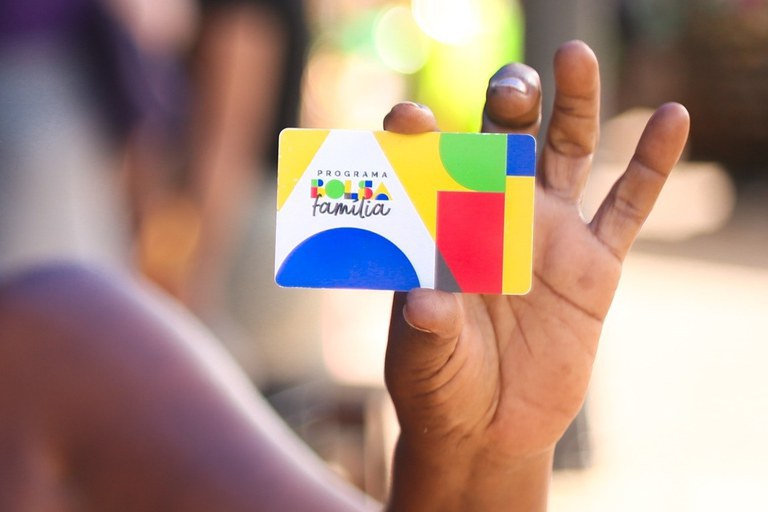Notícias
SOCIAL DEVELOPMENT
Bolsa Família reduces tuberculosis contamination, deaths in Brazil, international survey shows

The decline in tuberculosis cases and deaths exceeded 50% among extremely poor individuals and 60% among indigenous peoples - Credit: Lyon Santos / MDS
A study published in the scientific journal Nature Medicine on Friday, January 3, showed the impact of the Bolsa Família Program (PBF) in reducing the incidence and mortality of tuberculosis in Brazil. Conducted by an international team of scientists, the survey analysed data from more than 54 million Brazilian citizens between 2004 and 2015, indicating that the program reduced tuberculosis case by more than half those living in extreme poverty and among indigenous peoples.
According to data released by ISGlobal (Barcelona Institute for Global Health) — one of the organizations responsible for the study — the drop in tuberculosis cases and deaths was greater than 50% among extremely poor individuals, and more than 60% among indigenous peoples. The survey focused on low-income Brazilian citizens with a per capita income of up to BRL 218 per month, using data from Brazil’s Unified Registry [Cadastro Único/CadÚnico]. Among the 54.57 million people analyzed, 23.9 million (43.8%) were Bolsa Família beneficiaries, while 30.66 million (56.2%) did not receive the benefit.
By cross-referencing this data with information from the Notifiable Diseases Information System [Sistema de Informação de Agravos de Notificação/SINAN] and the Mortality Information System [Sistema de Informação sobre Mortalidade/SIM], the researchers found a reduction in tuberculosis cases and deaths related to the disease among the program's beneficiaries.
The report also highlights that the program contributes to improving living conditions, access to food, health and education — all factors that directly influence the prevention and treatment of tuberculosis.
In addition to ISGlobal in Barcelona, the research was carried out in collaboration with the Institute of Collective Health [Instituto de Saúde Coletiva/ISC] at the Federal University of Bahia [Universidade Federal da Bahia/UFBA], Cidacs [Center for the Integration of Data and Knowledge for Health/Centro de Integração de Dados e Conhecimentos para Saúde] at Fiocruz Bahia, and the “La Caixa” Foundation in Barcelona.
Read the full study here.
According to the survey creators, Bolsa Família contributes to the reduction of tuberculosis by improving beneficiaries’ living conditions. Access to adequate food, better housing, and increased access to health and education are factors that strengthen the immune system and enhance the prevention and treatment of the disease.
“This research reinforces the significance of cash transfer programs, such as Bolsa Família, not only in combating poverty but also in promoting public health,” said Priscila Pinto, a researcher at the Institute of Collective Health [Instituto de Saúde Coletiva/ISC] at UFBA and co-author of the article, in an interview to Folha de S. Paulo [a São Paulo newspaper].
“The results show that the program plays a key role in reducing social inequalities and improving health indicators, especially among the most vulnerable,” added Dr. Davide Rasella, one of the authors of the study.